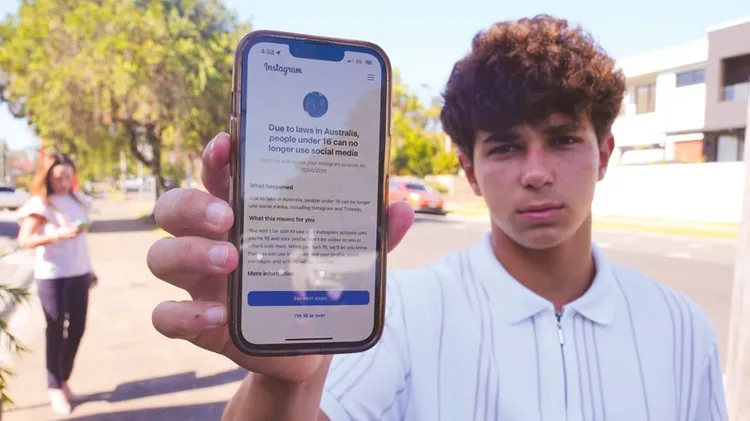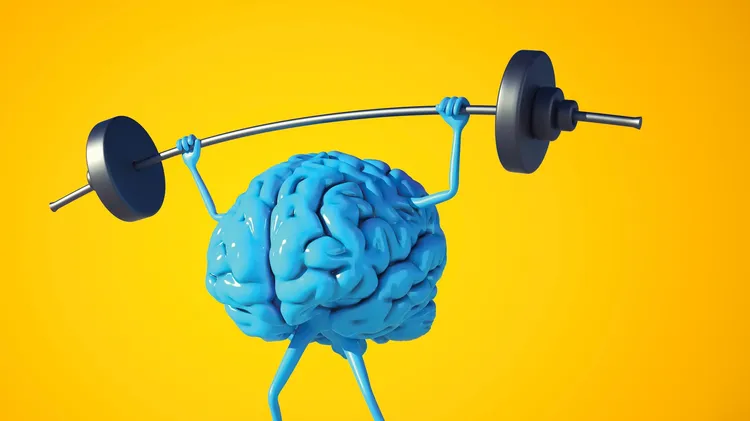Politicians a
Social media: should children be banned from using tiktok, facebook and youtube?
4 min read
This article is from...
Read this article and 8000+ more magazines and newspapers on Readly






